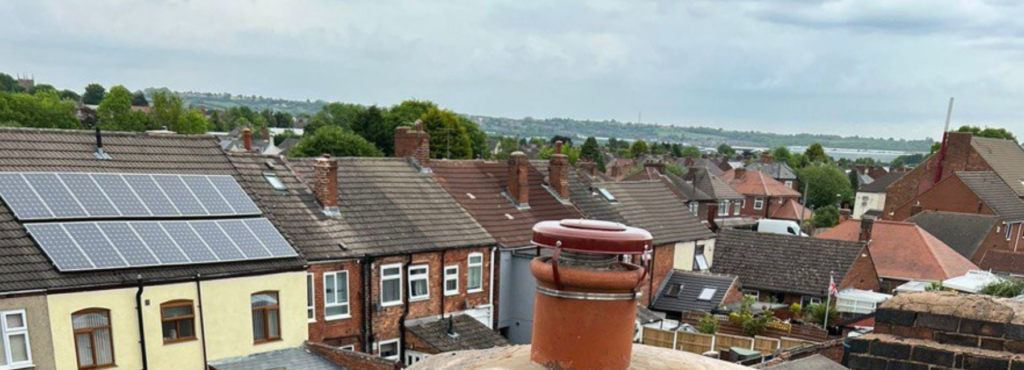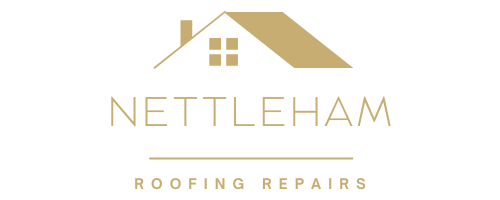Flat roofs are popular for many modern buildings, from commercial spaces to residential blocks. While they offer architectural simplicity and versatility, effective insulation is crucial to enhance energy efficiency and comfort. At Nettleham Roofing Repairs, we promote environmentally friendly building practices. In this post, we explore sustainable insulation options for flat roofs that help reduce energy consumption and minimise environmental impact.
The Importance of Insulation in Flat Roofs
Proper insulation in flat roofs is essential for maintaining a stable indoor temperature, reducing energy costs, and minimising the carbon footprint of a building. It prevents heat from escaping during the winter and keeps interiors cool during the summer, thereby enhancing the overall energy efficiency of the building.
Sustainable Insulation Materials
- Recycled Foam Insulation: Foam insulation offers high thermal resistance and is lightweight, making it suitable for flat roofs. Using recycled foam insulation made from post-consumer plastic waste reduces landfill waste and the demand for new raw materials.
- Sheep’s Wool Insulation: An all-natural option, sheep’s wool is an excellent thermal insulator and can absorb and release moisture without losing its insulating properties. It’s biodegradable, renewable, and sourced from a natural resource, making it one of the most sustainable insulation materials available.
- Cork Insulation: Harvested from the bark of oak trees without harming the tree, cork is a renewable resource. Cork panels can be used for roof insulation as they are good insulators, naturally fire retardant, and mould-resistant.
- Cellulose Insulation: Made from recycled paper products, primarily newspapers, cellulose insulation is treated with natural fire retardants like boric acid. It has a high R-value (a measure of thermal resistance), making it very effective for thermal regulation.
- Polystyrene Insulation: While traditional polystyrene is not typically considered sustainable, recycled options are available. These recycled products help reduce plastic waste and offer the same benefits as their non-recycled counterparts, including durability and moisture resistance.
Design Considerations for Sustainable Insulation
When selecting insulation for a flat roof, consider the following:
- R-Value Requirements: Ensure the insulation material meets the required R-values for your climate zone to maximise energy efficiency.
- Water Resistance: Flat roofs are prone to water pooling. Opt for insulation materials that are resistant to moisture and rot.
- Durability and Sustainability: Consider the insulation materials’ life cycle and environmental impact. Sustainable choices should be durable enough to minimise replacement frequency, reducing waste.
Installation and Maintenance
Proper installation is crucial for the effectiveness of roof insulation. At Nettleham Roofing Repairs, our professionals are trained to install sustainable insulation with precision to ensure optimal performance. Regular maintenance checks are also recommended to address potential issues, such as water infiltration or insulation displacement, which can compromise the roof’s integrity and insulation properties.
Conclusion: Choosing sustainable insulation for your flat roof is a responsible decision that benefits your wallet and the planet. With various eco-friendly materials available, such as recycled foam, sheep’s wool, cork, and cellulose, building owners can significantly enhance their buildings’ energy efficiency and environmental footprint.
Call us on: 01522 305 995
Click here to find out more about Nettleham Roofing Repairs
Click here to complete our contact form and see how we can help with your roofing needs.

